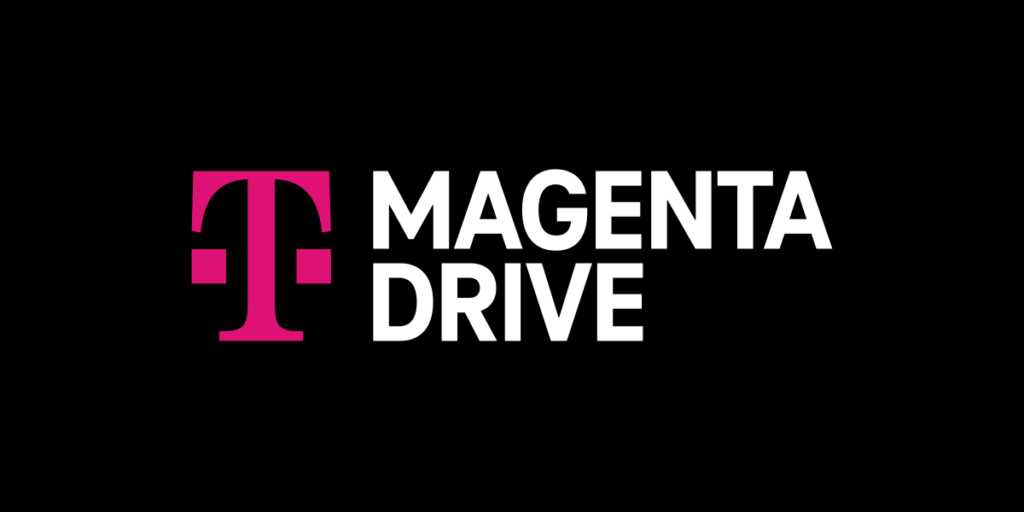Verizon, T-Mobile, and AT&T have collectively invested over $100 billion into 5G technology, and it’s going to take some time to recoup those costs. Aside from offering customers 5G access through more expensive “unlimited” plans, the nation’s Big Three telecoms have their sights set on the automotive industry. Now, more than ever before, vehicle owners expect their in-car experience to feature robust, data-reliant options, including navigation and video entertainment – the latter being especially useful to parents trying to keep their children occupied. In the race to 5G-enabled vehicles, T-Mobile is the first to cross the finish line.
In mid-March, T-Mobile announced that it has teamed with luxury brand BMW to launch 5G service on the new 220 BMW iX and the BMW i4. Both cars feature specific antenna designs to provide a more stable 5G signal. T-Mobile is charging postpaid subscribers $20 per month for its Magenta Drive service, which turns the vehicle into a moving 5G hotspot with unlimited data. The company claims that its 5G network covers over 96% of Interstate Highway miles across America.
While T-Mobile may be first, Verizon and AT&T are working on 5G connected vehicle plans of their own. In partnership with General Motors, AT&T is aiming to launch the world’s largest fleet of 5G-enabled vehicles. The company announced in 2021 that Chevrolet, Buick, GMC, and Cadillac vehicles that have 4G LTE access will be switched to 5G when available (starting with 2019 models); the company will also bring 5G to new vehicles in 2024.
Verizon, meanwhile, announced in February that it’s partnered with Audi to bring 5G access to the manufacturer’s lineup of vehicles by 2024. Audi boasted that it was the first automaker to bring in-vehicle Wi-Fi to customers, as well as 4G LTE connectivity in its 2015 A3 model. The deal is Verizon’s first 5G-enabling partnership with an automaker and likely just the beginning of the telecom’s expansion into the auto industry.
For T-Mobile, the deal represents an opportunity to convert more luxury consumers to its service. According to Interpret’s New Media Measure®, nearly half of BMW owners in the US subscribe to AT&T, whereas T-Mobile represents just 12% of wireless subscribers who own a BMW. Similarly, looking at AT&T’s deal with Chevrolet, Cadillac, and others, the company mostly trails T-Mobile or Verizon, so its 5G partnership could level the field among owners of those brands.




